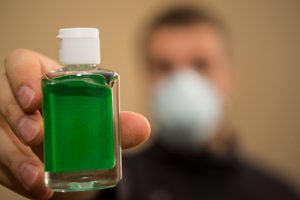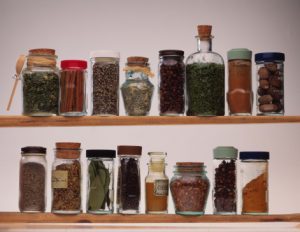 Overcoming addiction can be a difficult journey, as one may be faced with several challenges. One of those challenges is figuring out what to do after a relapse.
Overcoming addiction can be a difficult journey, as one may be faced with several challenges. One of those challenges is figuring out what to do after a relapse.
It is not uncommon for a person to relapse after getting clean. In fact, relapsing is often considered by many experts to be a part of lifelong recovery. According to the National Institute on Drug Abuse, 40 to 60 percent of people who participate in addiction treatment programs relapse at least once. And approximately 90% of alcoholics will relapse within four years.
A person’s addiction can be triggered by various emotional, social or environmental factors, all of which can lead to feeling the need to begin using drugs or drinking alcohol again.
There are often signs that point to a potential relapse. Recognizing the following signs can help someone avoid making the wrong decision, and jeopardizing their sobriety:
- Feeling emotions that led to an addiction such as sadness, anger or even extreme happiness
- Showing symptoms of depression or anxiety
- Exhibiting changes in behavior
- No longer attending or losing interest in therapy sessions or addiction recovery meetings
- Reconnecting with people who encouraged substance abuse
- Romanticizing past substance abuse
- Believing that it is possible to abuse substances again without becoming addicted
In the event a person has relapsed there are several things they can do to get back on the road to recovery. They are:
- Acknowledging relapse and learning from their mistakes
- Avoiding triggers and setting healthy boundaries
- Seeking support from those who can help them cope with their relapse
- Going back to treatment
- Attending self-help groups
- Practicing self-care
- Creating a relapse prevention plan
If you have a loved one who is battling substance abuse, you may understandably feel confused and helpless. Fortunately, you don’t have to walk the path to recovery and healing alone.
At Flushing Hospital Medical Center, our Psychiatry Department features a Division of Addiction Services where those battling addiction can receive comprehensive assessments and treatment for alcohol and chemical dependency.
To schedule an appointment or speak with a mental health professional, please call 718- 670-5078.
All content of this newsletter is intended for general information purposes only and is not intended or implied to be a substitute for professional medical advice, diagnosis or treatment. Please consult a medical professional before adopting any of the suggestions on this page. You must never disregard professional medical advice or delay seeking medical treatment based upon any content of this newsletter. PROMPTLY CONSULT YOUR PHYSICIAN OR CALL 911 IF YOU BELIEVE YOU HAVE A MEDICAL EMERGENCY.





